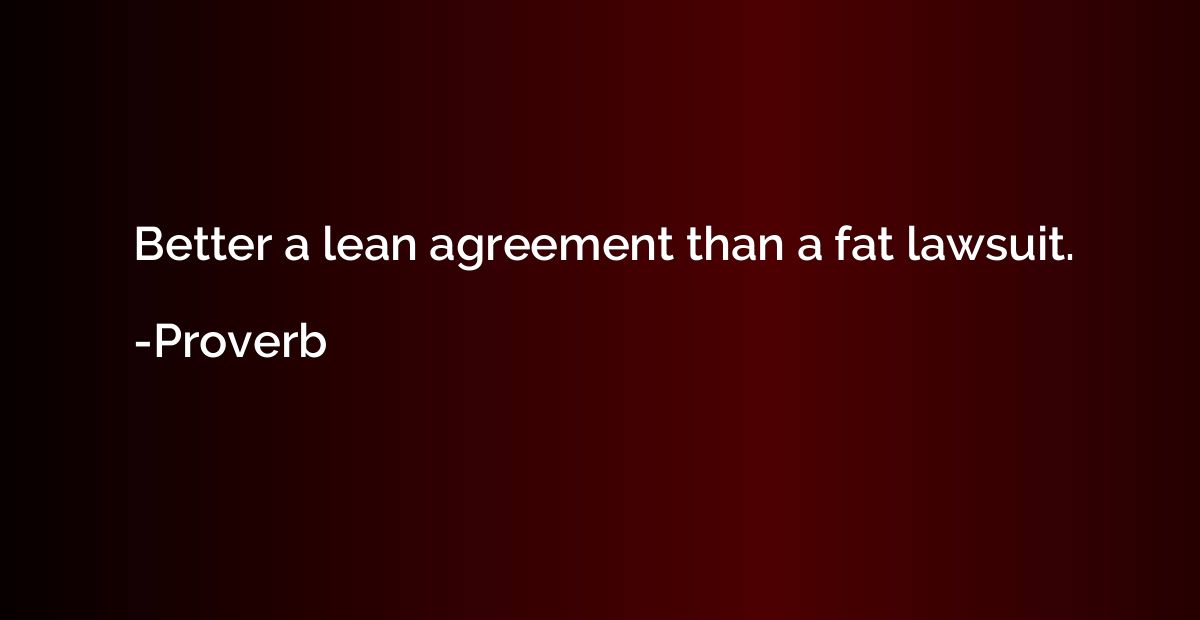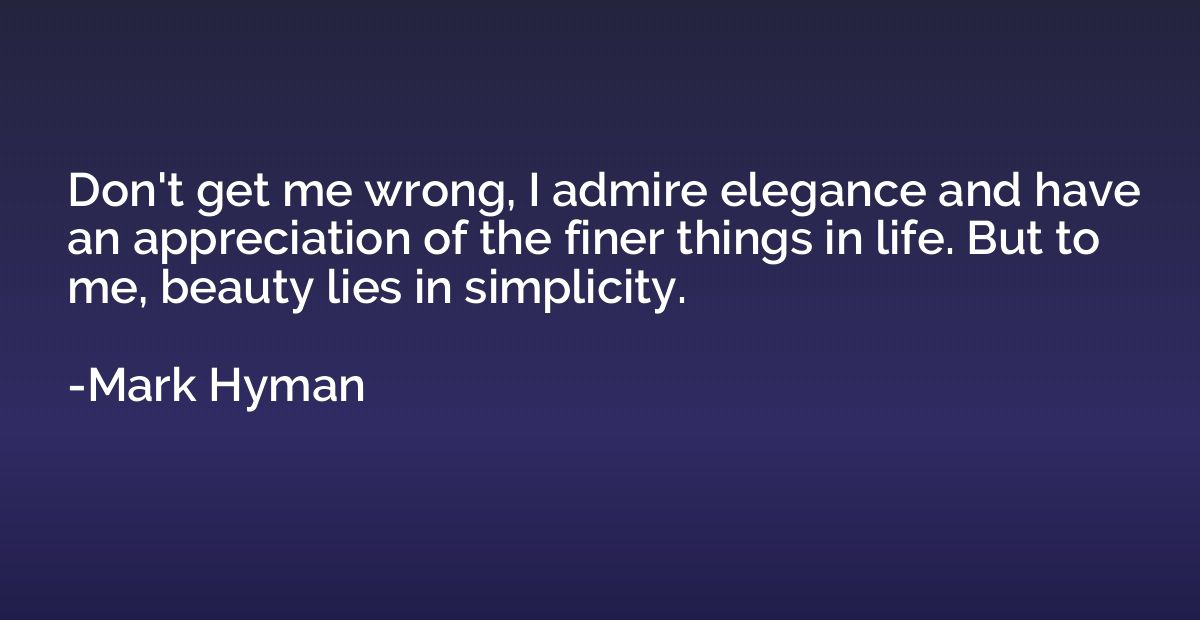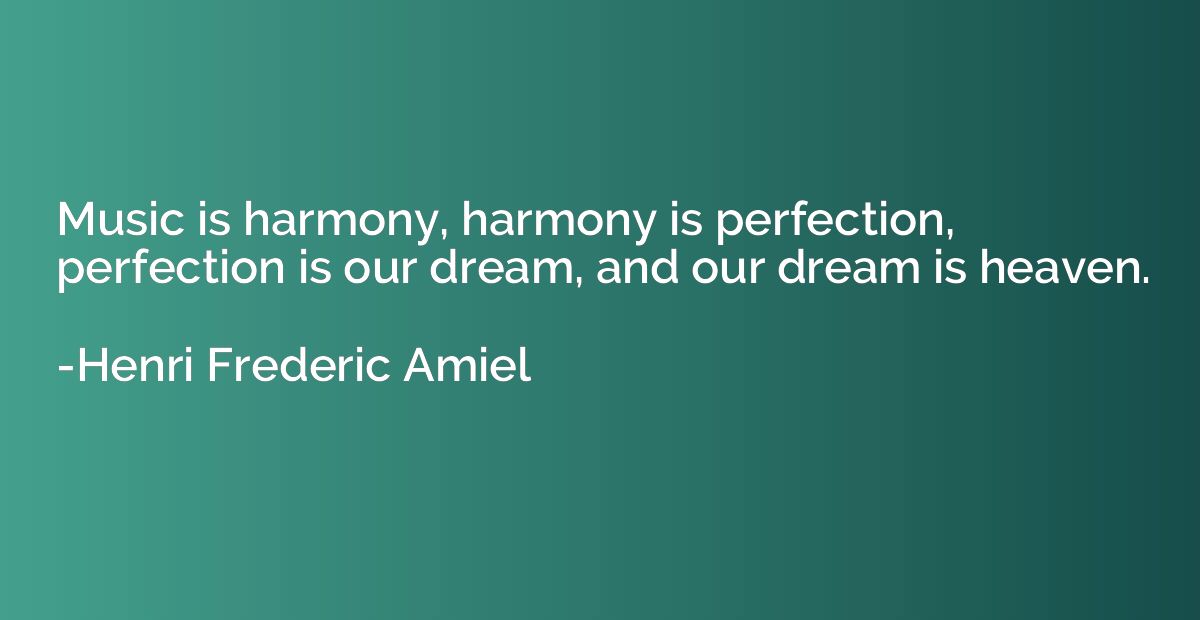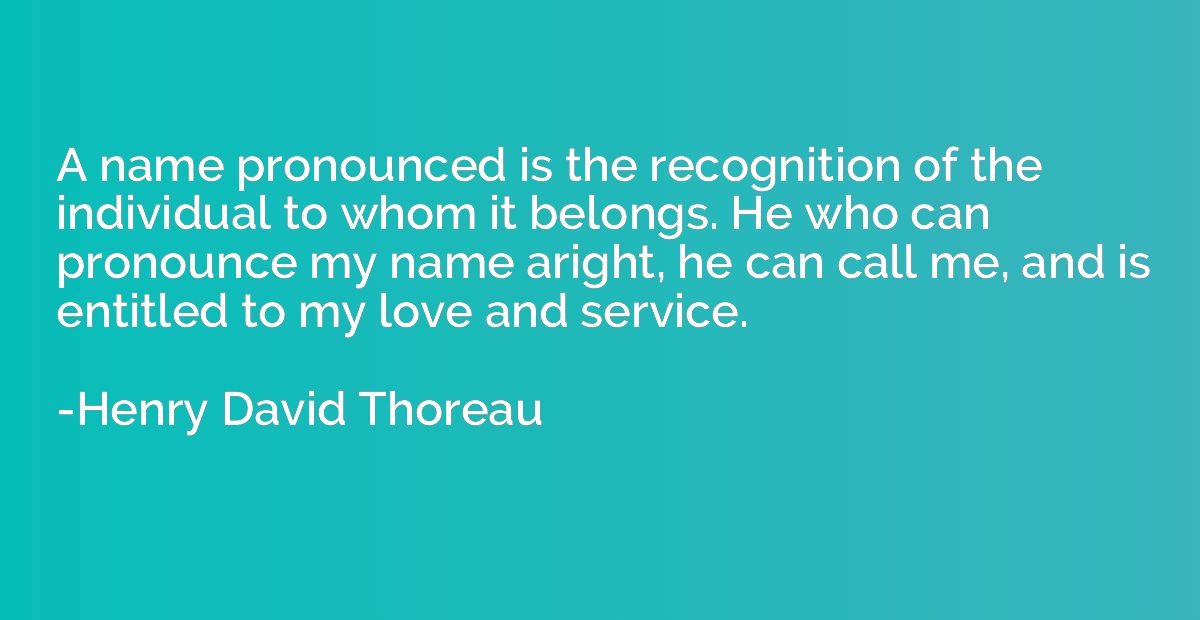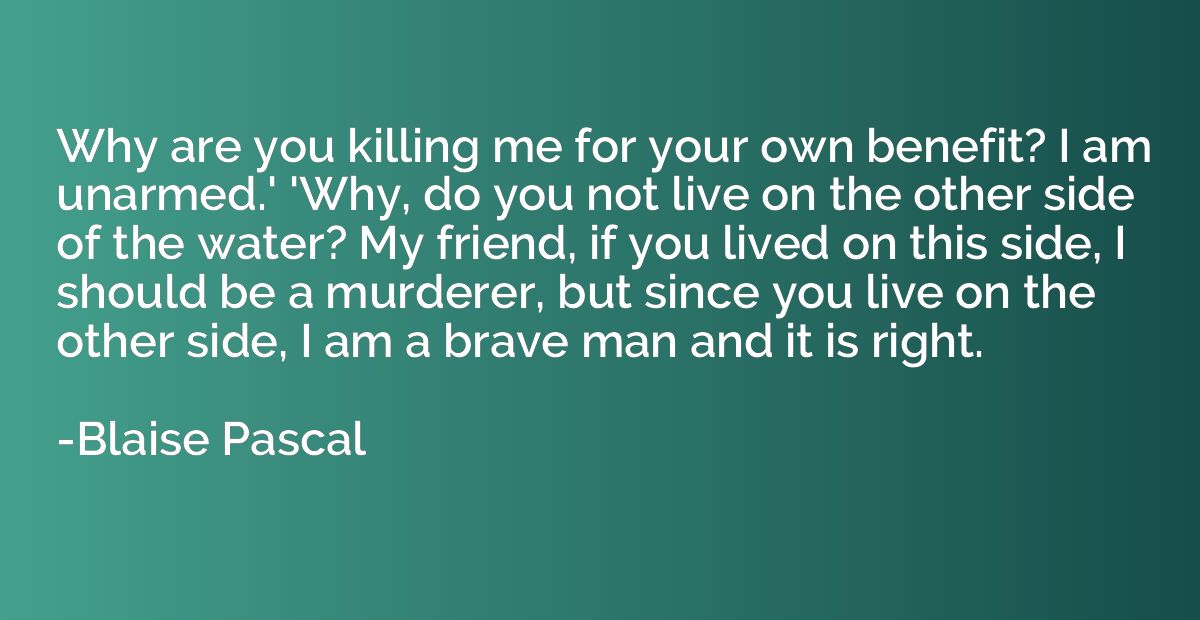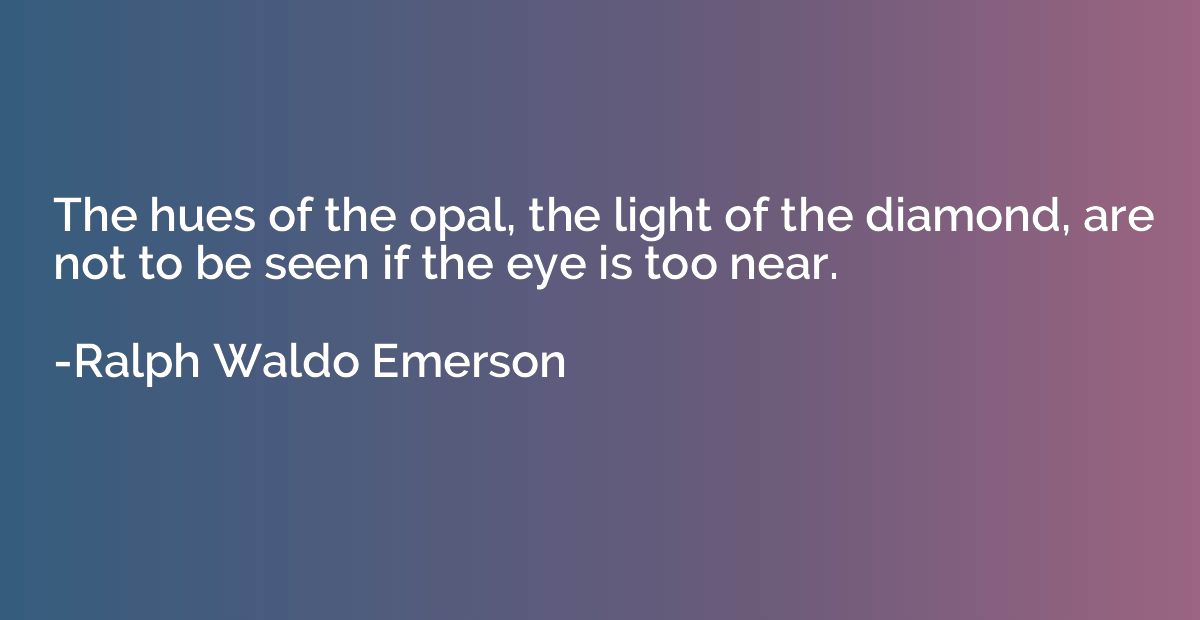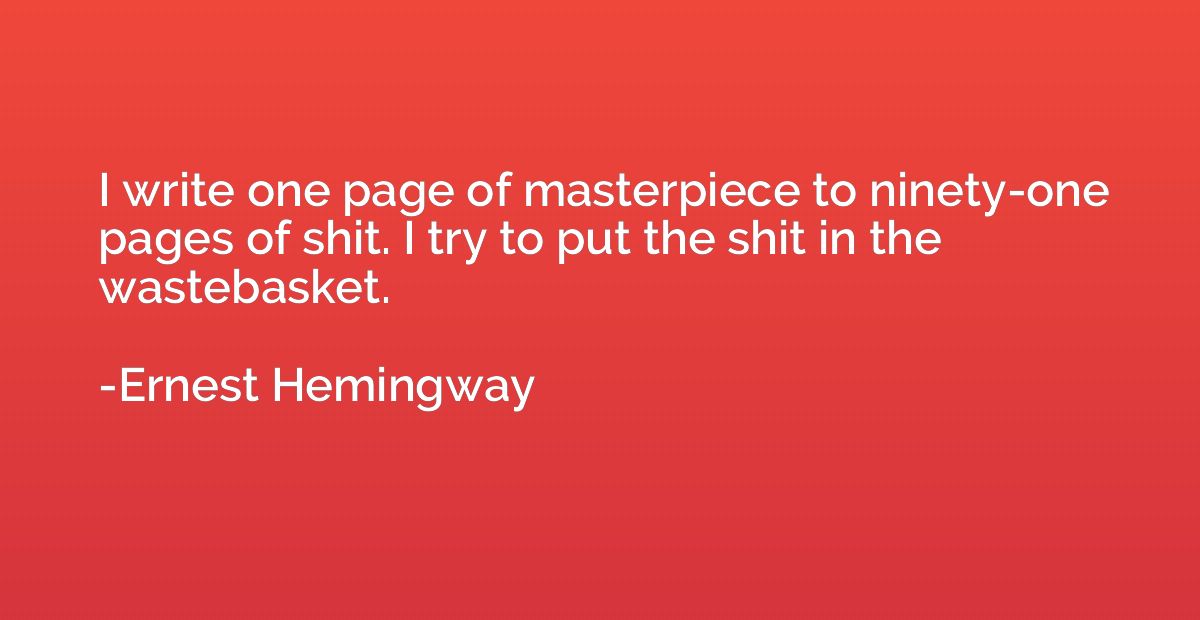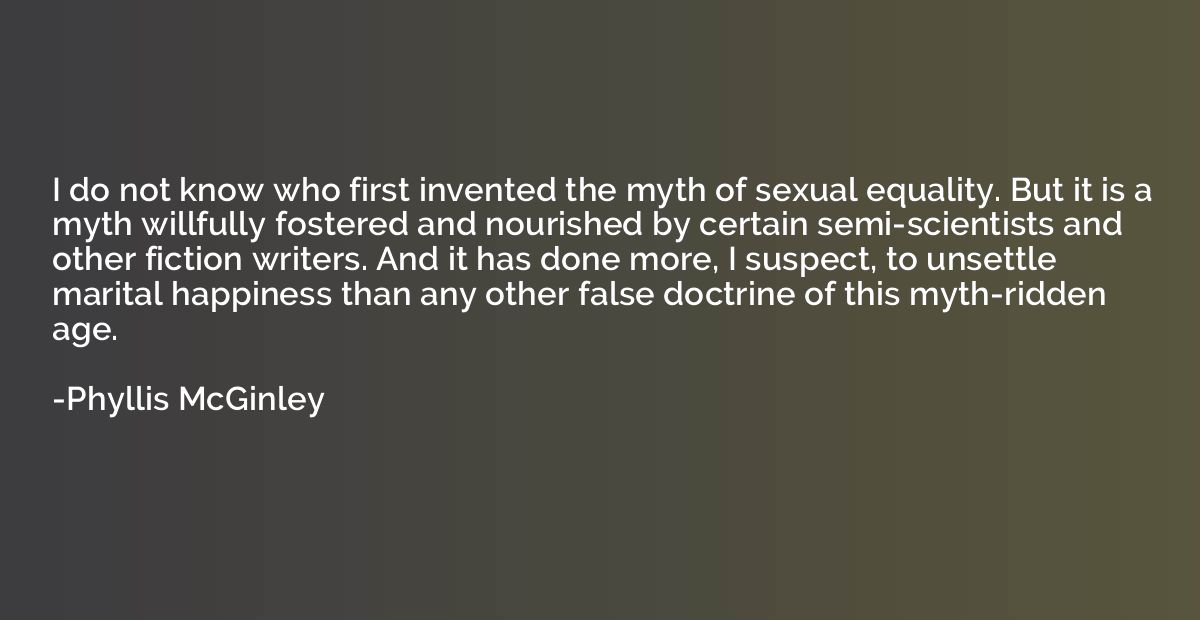Quote by Elizabeth Strout
But what Tyler longed for was to have The Feeling arrive; when every flicker of light that touched the dipping branches of a weeping willow, every breath of breeze that bent the grass towards the row of apple trees, every shower of yellow ginko leaves dropping to the ground with such direct and tender sweetness, would fill the minister with profound and irreducible knowledge that God was right there.
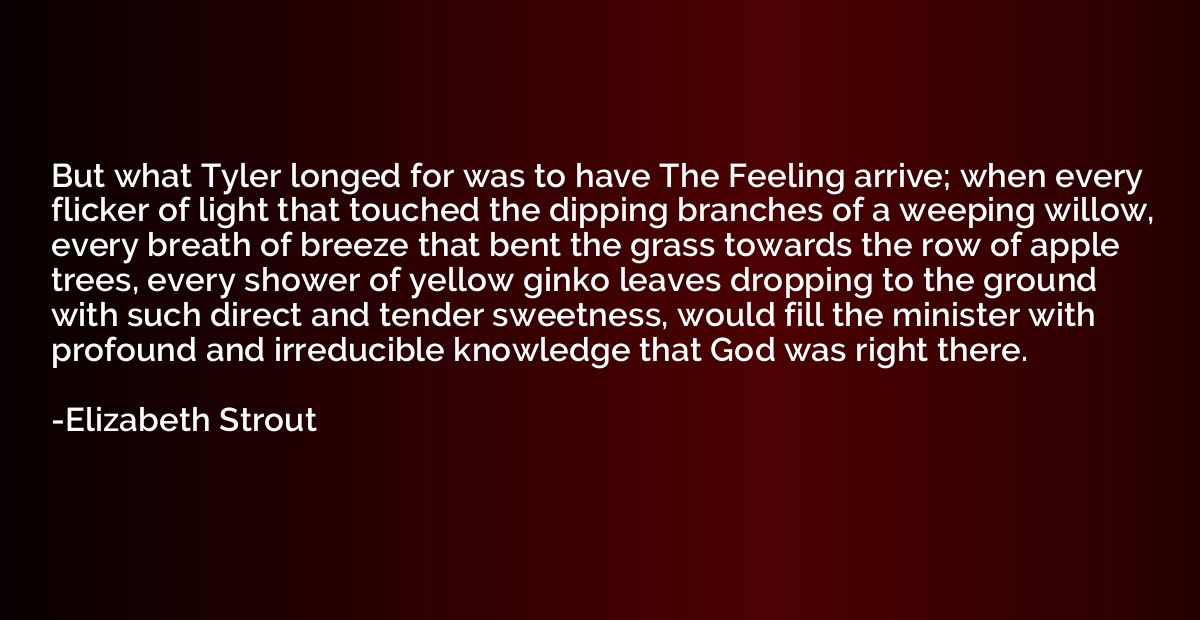
Summary
This quote highlights Tyler's yearning for a powerful and profound connection with the divine. He eagerly anticipates "The Feeling," a state of being where he would perceive and be reassured of God's existence in every natural element and moment. Tyler describes how even the subtlest occurrences, such as the play of light and movement of nature, would serve as reminders of God's close presence. The quote underscores Tyler's desire for a deep and unshakeable certainty in the existence and proximity of a higher power.



